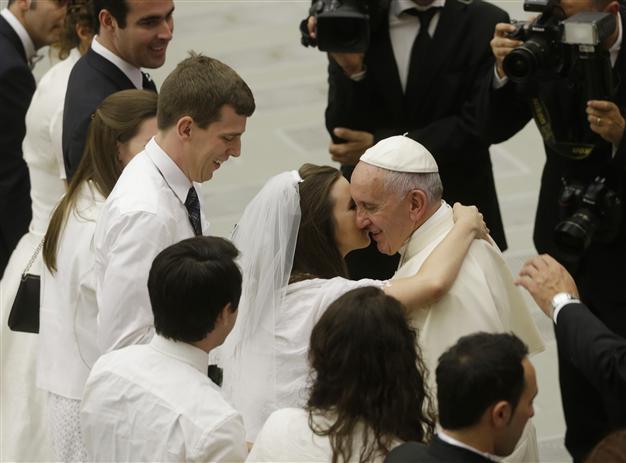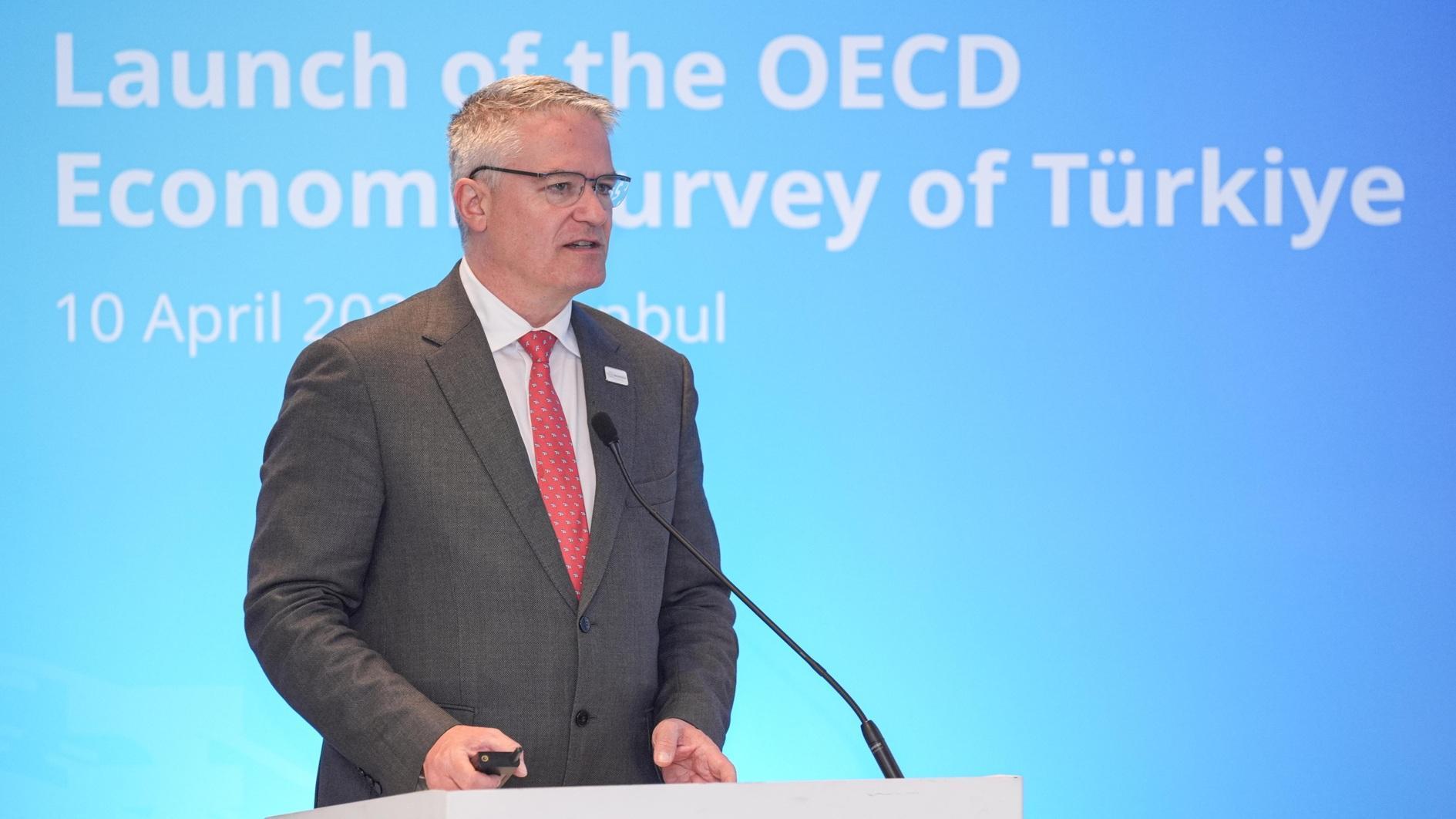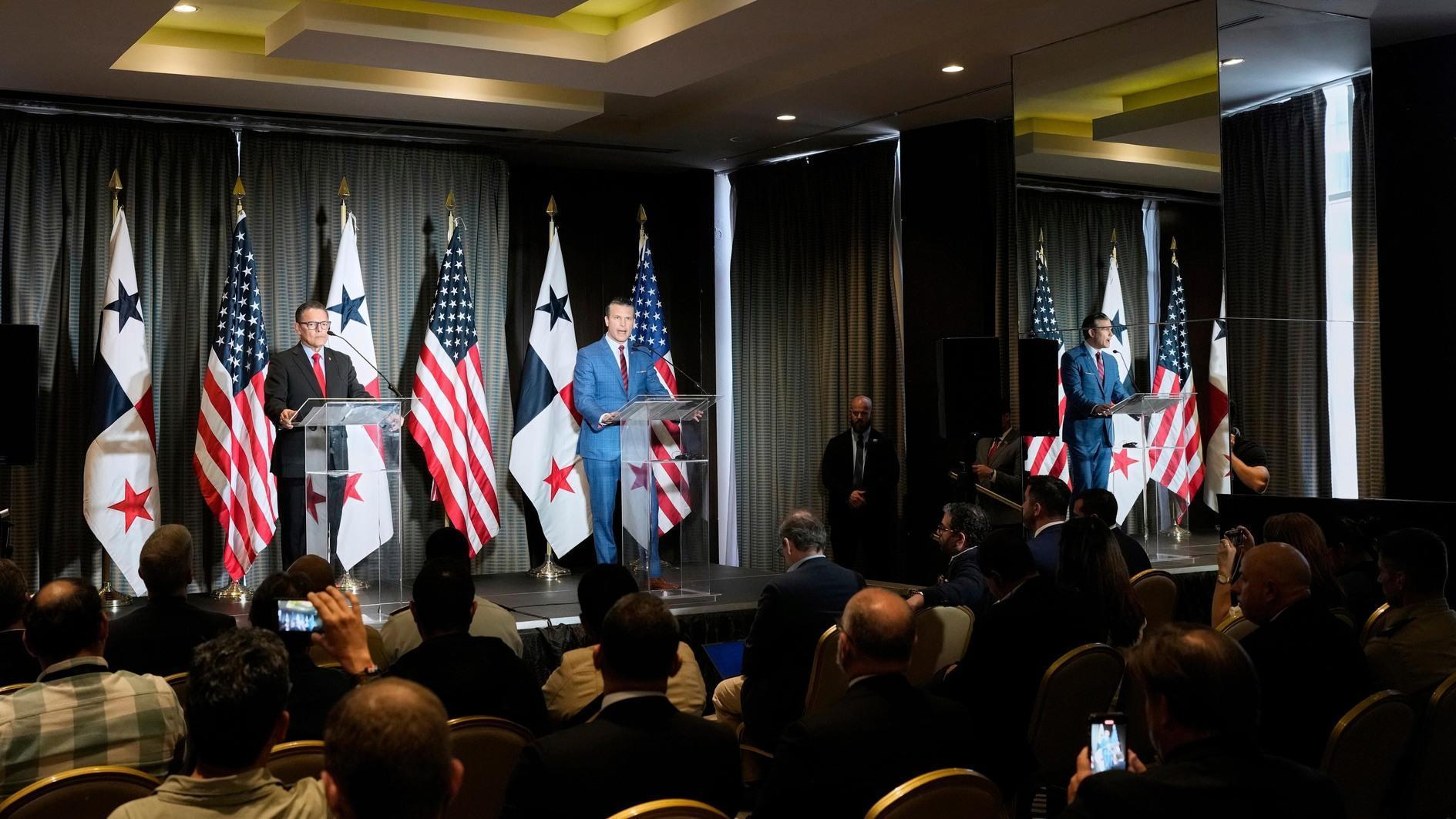Pope makes it easier for Catholics to end marriages
VATICAN CITY - Agence France-Presse

Pope Francis greets newlyweds during the general audience in the Paul VI hall at the Vatican, Wednesday, Aug. 5, 2015. AP Photo
Pope Francis wants to make it easier for Catholics to have their marriages annulled under reforms regarded with suspicion by conservatives wary of the de facto introduction of Church-approved divorce.Details of significant reforms of a system that critics including Francis himself have attacked as needlessly bureaucratic, expensive and unfair were due to be unveiled on Sept.8 with the publication of letters on the issue from the pope to Catholic churches across the world.
Vatican experts in canon, or religious, law have spent the last year studying how the system could be streamlined without undermining the principle that marriage is for life.
That is one of the fundamental tenets of the Catholic faith, albeit one at odds with the reality that, across much of the industrialised world, divorce is commonplace even amongst believers.
Church doctrine does make allowance for unions to be effectively cancelled, subject to certain conditions.
Essentially a church tribunal must rule that the marriage was fundamentally flawed from the outset and that ruling must then be upheld by a second tribunal.
Possible justifications for reaching this conclusion include the marriage having never been consumated, one or both partners having entered into it without the intention of staying in the relationship, or one of the partners having no desire to have children.
Alcohol and drug dependency can also be taken into consideration when a tribunal decides whether a marriage can be annulled.
In practice, the process of securing an annulment is frequently extremely lengthy.
In many parts of the developing world, dioceses simply do not have annulment tribunals.
And where they do exist, many ordinary Catholics cannot afford to employ the expert help needed to guide them through the arcane procedures required to secure the necessary approval.
Francis has repeatedly expressed the wish that the system should be free and made equally accessible for rich and poor believers.
Ideas under discussion include abolishing the need for a second church court to review and uphold an annulment.
The experts have also discussed making it easier for Catholics married to non-believers to obtain annulments on the grounds of their partner's lack of faith.
For centuries there has been a perception throughout the Catholic community that annulments are more easily obtained by the wealthy and powerful.
In one of the most controversial cases of recent decades, Princess Caroline of Monaco obtained the annulment of her first marriage, to Frenchman Philippe Junot, in 1992, leaving her free to remarry in the Church.
The Church justified that decision on the grounds that one of the two parties had not fully accepted the responsibilities of marriage and that therefore the union had not been properly constituted.
Without an annulment, a Catholic who divorces and remarries is deemed to be living in sin and is unable to take communion.
Critics say this exclusion of the divorced from the Church's holiest sacrement is cruel and unfair given that murderers can take communion but a woman who seeks a divorce to escape a violent relationship cannot.
The status of divorcees -- along with the Church's attitude to homosexual believers -- is one of the difficult issues being considered as part of an ongoing review of Catholic teaching on the family.
Bishops from around the world are due to congregate in Rome in October for a synod that will seek to reach a consensus on these issues before Francis decides what, if any, reforms will be made.
















